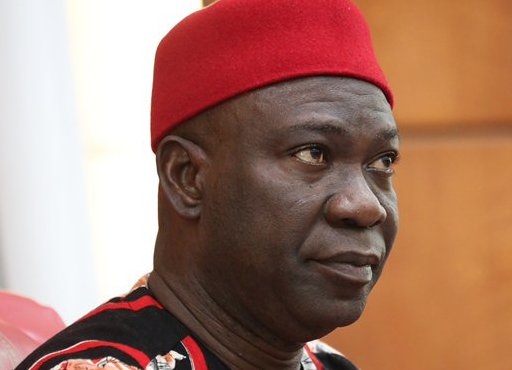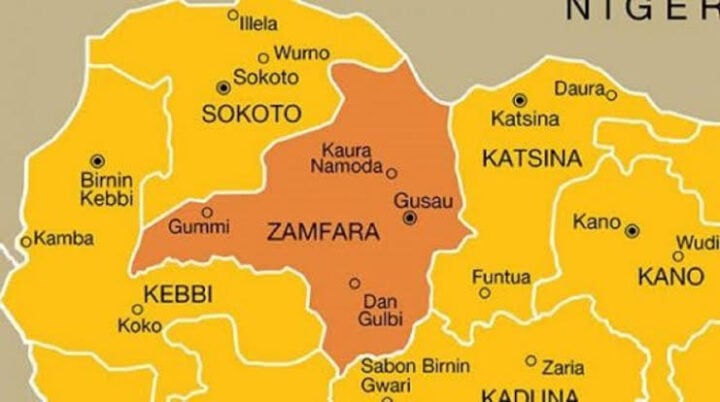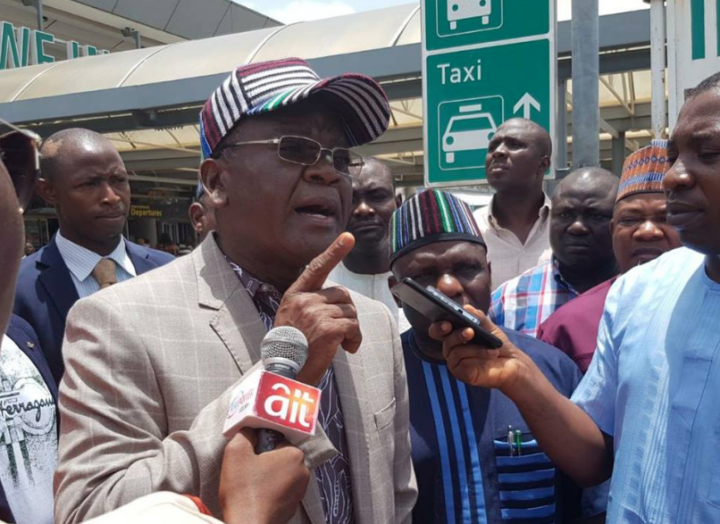Ike Ekweremadu
A federal high court in Abuja has set aside the interim order of forfeiture issued on properties belonging to Ike Ekweremadu, former deputy senate president.
Inyang Ekwo, presiding judge, in his ruling on Friday, held that the Economic and Financial Crimes Commission (EFCC) concealed facts when it applied for an interim forfeiture of the assets.
On November 4, Ekwo ordered the interim forfeiture of properties reportedly linked to the lawmaker.
He ordered the anti-graft agency to publish the order in a national daily within seven days from the date it was given.
Advertisement
The interim forfeiture order included 10 properties in Enugu, three in the United States, two in the United Kingdom, one in Lagos, nine in Dubai, and 15 in the federal capital territory.
Persons interested in the properties were advised to approach the court within 14 days of the publication and show why they should not be permanently forfeited to the federal government.
Consequently, the Anambra state government and Uni-Medical Healthcare Limited appeared before the court on December 5 as parties interested in some of the seized properties.
Advertisement
Also, Ekweremadu’s son, Lloyd filed a motion on notice marked: FHC/ABJ/CS/1242/2022 through his lawyer, Adegboyega Awomolo, praying the court for an order setting aside the interim forfeiture order.
In the motion predicated on four grounds, Llyod averred that the EFCC, in its ex-parte originating motion, “deliberately and fraudulently omitted very critical facts/evidence, which negate the granting of the application”.
He alleged that the EFCC wrote a letter to the London court that made the court refuse to admit his father to bail.
Among others, he alleged that the EFCC was fully aware that his father was in detention in London when the application for forfeiture of the properties was filed.
Advertisement
He said the anti-graft agency deliberately refused to disclose to the court that his father was in detention in the UK and would not be able to counter the forfeiture request.
He, therefore, prayed the court to set aside the forfeiture order and stay proceedings on the matter until his father’s ordeal in the UK is resolved.
Responding, the EFCC, through, Silvanus Tahir, its counsel, refuted the claim that it was responsible for Ekweremadu’s detention in the UK.
Tahir acknowledged that the agency wrote the UK court in response to a particular request, but claimed that sharing information that is advantageous to both parties is standard procedure for anti-corruption organisations across the globe.
Advertisement
EFCC said it was not opposed to Ekweremadu’s plea to halt the proceedings until he returned, but countered the bid to have the interim forfeiture order overturned.
But in the ruling, the judge agreed with Llyod’s submissions and overturned the interim forfeiture order.
Advertisement
Add a comment





